Getting it ‘right’ – a reflection on integrating Service Learning at scale into a large Faculty of Science and Engineering
This blog was kindly authored by Professor Lynne Bianchi, Vice Dean for Social Responsibility & Equality, Diversity, Inclusion and Accessibility, at the University of Manchester
I recently had the fortune to be part of a panel discussing the place of Service Learning in higher education, chaired by HEPI. My reflections before and since may inspire you to take time to think about your perspective on the nature and role of Service Learning in fast-changing university and civic landscapes. In its simplest sense, Service Learning is an educational approach that combines academic study with community service.
In my role within a large science and engineering faculty, I have rallied our staff and students to think seriously about the features, advantages and benefits of Service Learning in science and engineering contexts. For our university, this teaching and learning approach isn’t new, with expertise in the biomedical sciences and humanities teaching us much about the way in which undergraduate students can create benefit for our local communities whilst enriching their own academic experiences.
In this blog, I build on my own background as a teacher and higher education academic and draw on my experience in curriculum design when focusing on how we can provide authentic and impactful Service Learning experiences for our undergraduates.
What do we mean by the ‘right’ learning experiences?
It doesn’t take long working in this area to unearth a wide range of terms that are used interchangeably – from place-based learning, real-world learning, community-engaged learning, practice-based learning, critical urban pedagogy, industry-inspired learning and more. A gelling feature is that to get Service Learning working well there must be an authentic benefit to each party involved. The students should develop skills and understanding directly required within their degree, and the partner should have a problem explored, solved, or informed. In essence, the experience must lead to a ‘win-win’ outcome(s) to be genuine.
In our context in science and engineering, we have envisioned Service Learning working well, and considered this to include when:
For students:
- Learning has relevance: work on a project, individually or in groups, is contextualised by a problem, issue or challenge that is authentic (as opposed to hypothetical).
- Learning has resonance: developing and applying skills and knowledge to inform the problem, issue or project that dovetails with existing course specifications and requirements.
For partners:
- They are engaged: partners are involved in the design and delivery of the project to some extent. This may vary in the depth or level of engagement and requires both sides to appreciate the needs of each other.
- They are enriching: partners identify real issues that matter and expose elements of the work environment that enrich students’ awareness of the workplace and career pathways.
When is the right time for students to engage in service learning?
I am still pondering this question as there are so many variables and options that influence the choice. Which year group should service learning drop into? Or, does a developmental over time approach suit better? Is Service Learning more impactful in the later undergraduate years, or should it be an integral part of each year of their experience with us? Realistically, there won’t be a one-size-fits-all all model, and there are benefits and challenges to each. What will need to underpin whichever approach we take, will be the focused need to elicit the starting points of our students, our staff and our partners in whichever context.
Going from ‘zero to hero’ in Service Learning will require training and support for all parties. My experience working across the STEM sector for nearly three decades has taught me that no one partner is the same as another – what is a big deal to one can mean nothing to another. My thinking is that we need to see each person involved in the Service Learning experience as a core ‘partner’ and each has learning starting points, aspirations and apprehensions. Our role as programme leaders is to identify a progression model that appreciates that this is ‘learning’ and that scaffolds and key training will be required at different times – even within the process itself.
What support will be required to mobilise this model at scale?
In my early career at this university, I spent time within the Teaching & Learning Student Experience Professional Support teams, where I saw firsthand the integral way that any university programme relies on expertise in taking theoretical ideas into practice. The interplay between project management, planning, timetabling, eLearning, marketing and communications and student experience support teams, to name some, will have play such critical roles in achieving excellence in Service Learning. Working at scale in our faculty across 10 different discipline areas, will require integrated work with other faculties to harness the power of interdisciplinary projects and digital support for course delivery and assessment that can embrace an internal-external interface.
Support for scaling up will also require a culture of risk-taking to be valued and championed. Over the introductory years, we need to provide a sense of supported exploration, a culture of learning and reflection, and an ethos where failure is rarely a negative, but an opportunity. Of course, science and engineering disciplines bring with them our obligations to accrediting bodies, and a close dialogue with them about ambition, relevance and need for this enriching approach needs to be clearly articulated and agreed so that any course alteration becomes a course invigoration rather than a compromise.
Faculty culture and the way the university and the sector views and reviews SL will have a significant implication on practice and people feeling safe to innovate. As the university forges and launches its 2035 strategy the spaces for innovation and development are increasingly championed, and the months and years ahead will be ones to watch in terms of establishing a refreshed version of teaching and learning for our students.
In closing this short exploration of Service Learning, I can feel a positive tension in the air – the excitement to work together to further invigorate our student experience whilst supporting our staff and partners to embrace varied new opportunities. The ‘getting it right’ story will have many chapters, many endings as the genres, characters and plots are there for us all to create – or more pertinently ‘co-create’! What drives me most to remain in this space of uncertainty for a while longer is the anticipation of creating experiences that truly make a difference for good. As our universities transform themselves over the coming years, I invite you to join us in the dialogue and development as we have so much to learn through collaboration.

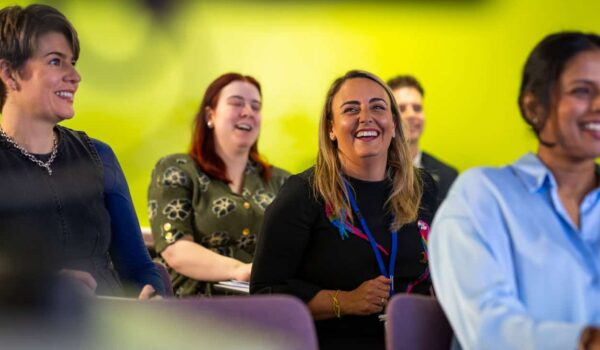
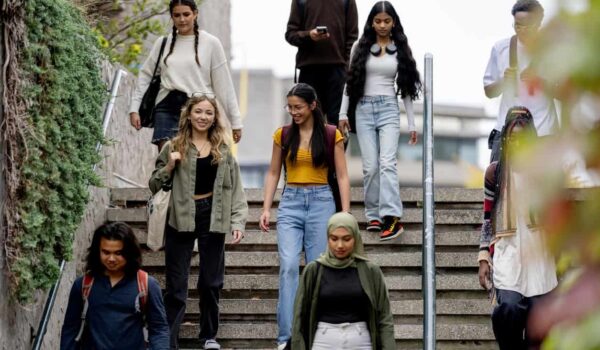
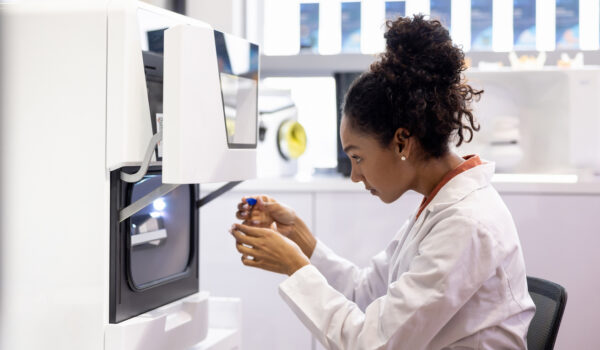
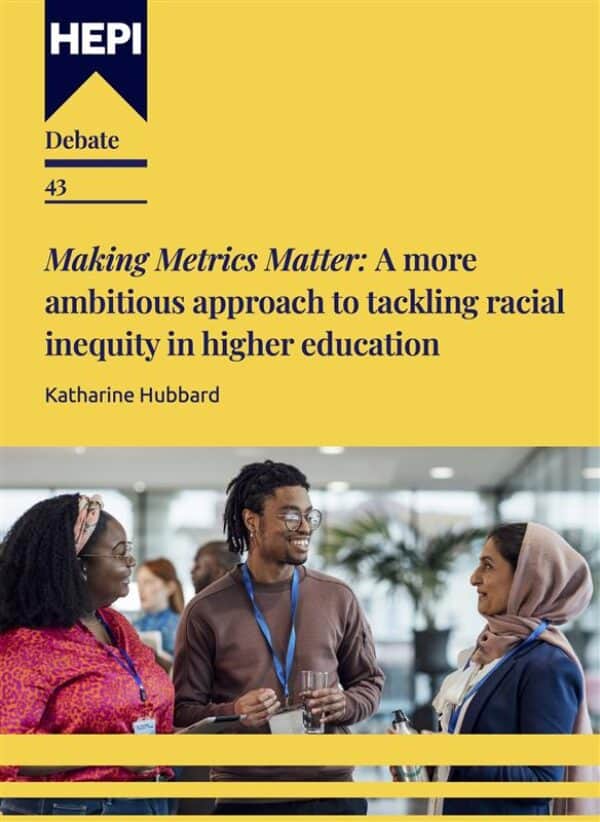
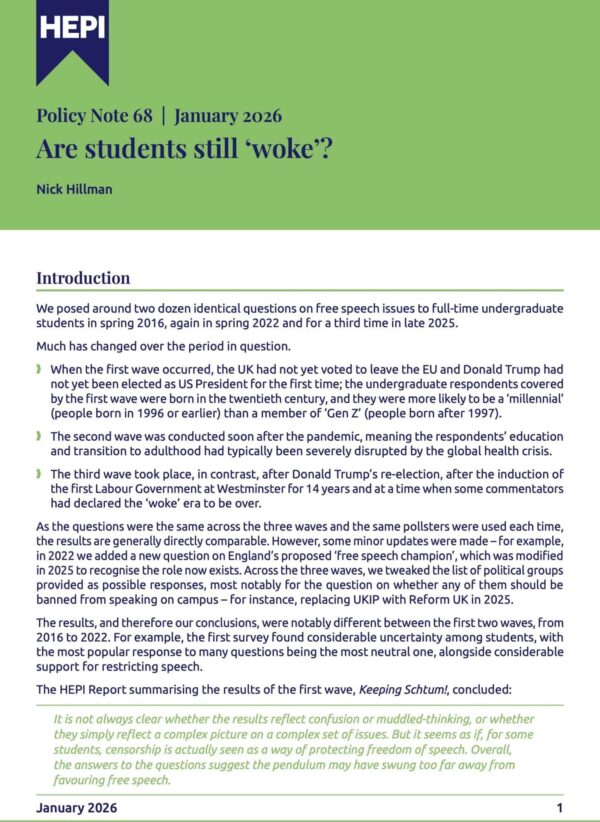
Comments
kamir bouchareb st says:
thank you for the last information
Reply
Add comment